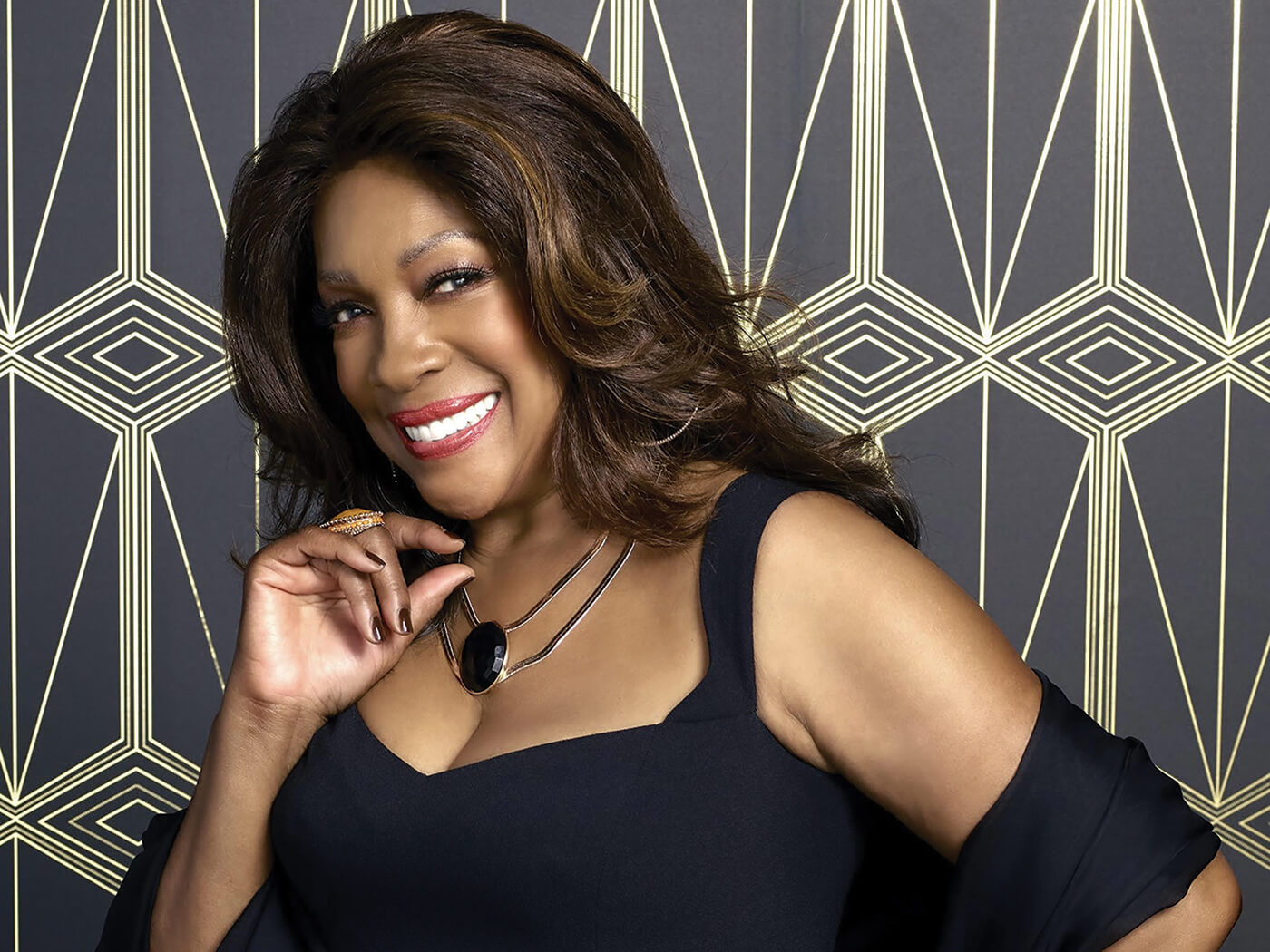The writing was on the wall for Mary Wilson long before “Reflections”, The Supremes’ 1967 hit, and 13th consecutive million-seller. It may have been the first single where the name of the group on the label was prefaced by the words “Diana Ross And…”, but lead vocal opportunities were already scarce – Wilson was afforded the middle-mic spotlight on just three tracks from the trio’s previous half-dozen albums.
Yet, even when Motown founder Berry Gordy stepped back from overseeing the trio three years later to focus on the departing Ross’ solo career, Wilson continued, to a degree, playing second fiddle to Ross’ replacement, Jean Terrell. She’s front and centre for two big-hitters from the post-Diana era, trading verses with Terrell on 1971’s “Floy Joy” and whisperingly seductive on the following year’s “Automatically Sunshine”, and this two-disc compilation sets out to retrieve less lauded performances that fell between the cracks.
The division of labour to come is absent on 1960’s soaring, Spector-like Motown prequel “Pretty Baby” when the group were still trading as The Primettes (a female counterpoint to the all-male Primes before they evolved into The Temptations). Not long after those teen beginnings, “Our Day Will Come” reveals Wilson to be developing the chops of a nuanced jazz balladeer in the mould of Nancy Wilson or Dinah Washington.
In some ways, however, her versatility had a tendency to backfire; “Son Of A Preacher Man” is a frustratingly rigid carbon copy of the vocal phrasing employed by Dusty Springfield on the hit version released just a few months earlier, and there’s similarly uninspired mimicry when Wilson’s solo cut of Creedence Clearwater Revival’s “Green River” adheres far too close to the Tina Turner playbook.
But on the occasions where Wilson’s own personality is given space to breathe the results can be powerfully affecting, dominant on the soulful grandeur of Barry Mann and Cynthia Weil’s “You Turn Me Around” or the Philly-soaked splendour of Brian and Eddie Holland’s “Early Morning Love”, both from 1975. It’s arguably the triumph of these tracks in particular that prompted her to take full solo flight two years later, after a spell touring as a Supremes nostalgia act following the group’s dissolution.
Motown kept her on the books for an eponymous long-playing solo debut (all seven tracks from which are included here), yet in its determination to ride the ubiquitous 1979 disco wave, its contents suffer from a disconcerting lack of light and shade. Producer Hal Davis (an 11th-hour replacement for Marvin Gaye who bowed out to focus on messy divorce proceedings) had played a significant role in the Jackson Five’s later releases for the label, but while he conjures a crisp sound delivered by top-drawer sessioneers, the songs of Frank Busey and John Duarte make little impression.
Only “You Make Me Feel So Good”, with its lush string arrangement and punchy horns, comes close to recapturing the spirited joyousness of Wilson’s best Supremes outings, and the overall weaknesses of the album may have hastened the label’s decision to promote it by booking the singer onto the off-the-beaten-track cabaret circuit where she was obliged to revisit yesteryear hits more commonly associated with Ross’ voice.
It was on one such jaunt in the UK that she met Elton John’s producer of choice Gus Dudgeon, and while Motown green-lit the hiring of the Englishman to return Wilson to winning ways, they pulled the plug on the project after just a handful of tracks had been completed, before dropping her from the label. However, four recordings salvaged from the Dudgeon sessions and included here suggest a reversal of fortunes might have been just around the corner.
British songwriting duo Guy Fletcher and Doug Flett (authors of several early ’70s Cliff Richard hits) guided Wilson closer to the smoky jazz of her best Supremes work on “Love Talk” and attempted a crossover foothold in the country market with “Save Me”, but while playing to what they perceived as the singer’s strengths they seemed to alienate a Motown hierarchy nervous about abandoning disco entirely. The Dudgeon-produced “You Dance My Heart Around The Stars” did get a belated release in 2020 on California Feeling: Volume One, an album celebrating the career of its writer, American poet and sometime Beach Boys collaborator Stephen Kalinich.
Wilson wouldn’t release another album until 1992’s Walk The Line, filling the intervening years with activism and charity work, as well as authoring two volumes of autobiography. The first, 1986’s Dreamgirl: My Life As A Supreme, hit headlines by cataloguing the misery of working in the shadow of the increasingly diva-like Ross, and there was further friction when Wilson bailed on a proposed 2000 Supremes reunion tour after learning she and Cindy Birdsong would be paid a fraction of what Ross would earn from the dates.
Dignity intact, Wilson made intermittent returns to music up until her death from cardiovascular disease in February 2021, aged 76, yet her lasting legacy is as one-third of one of the world’s biggest-selling vocal groups. Songs sung by another may form the bulk of most compilations, but there’s plenty of vibrant, vital evidence here to dispel
any notions of her being just along for the ride.

